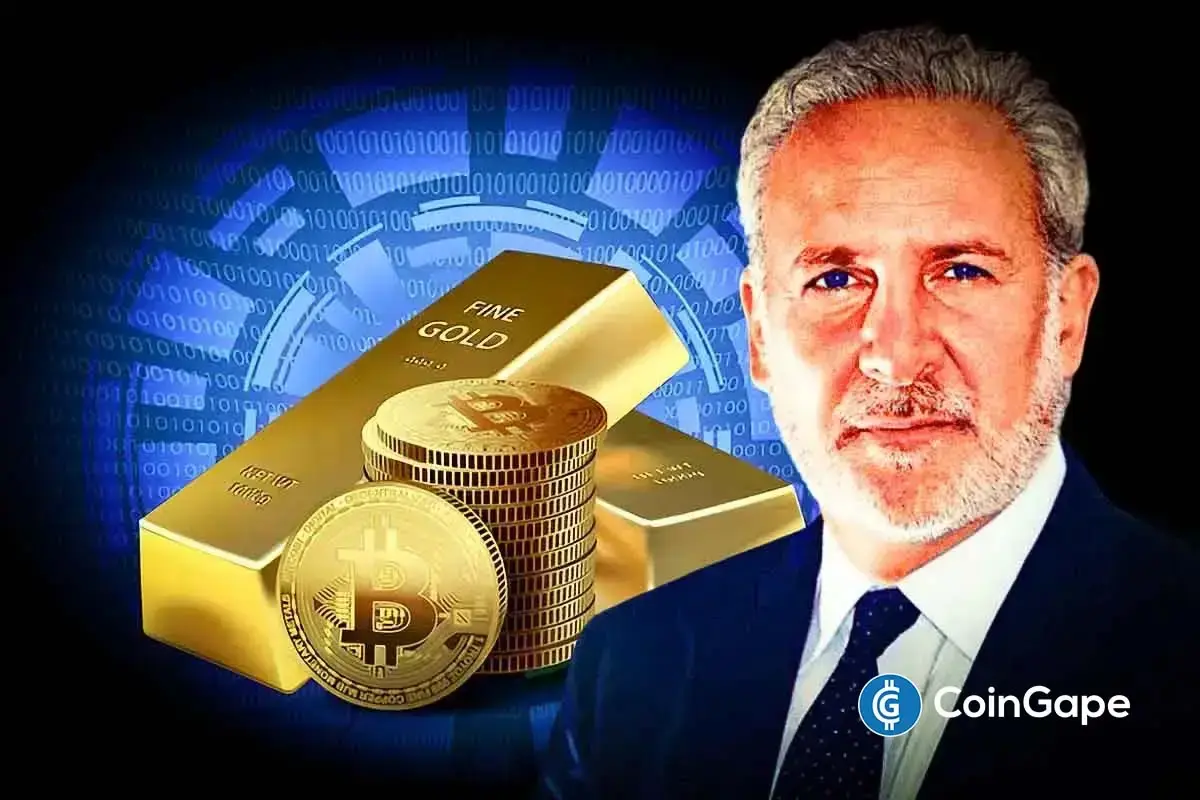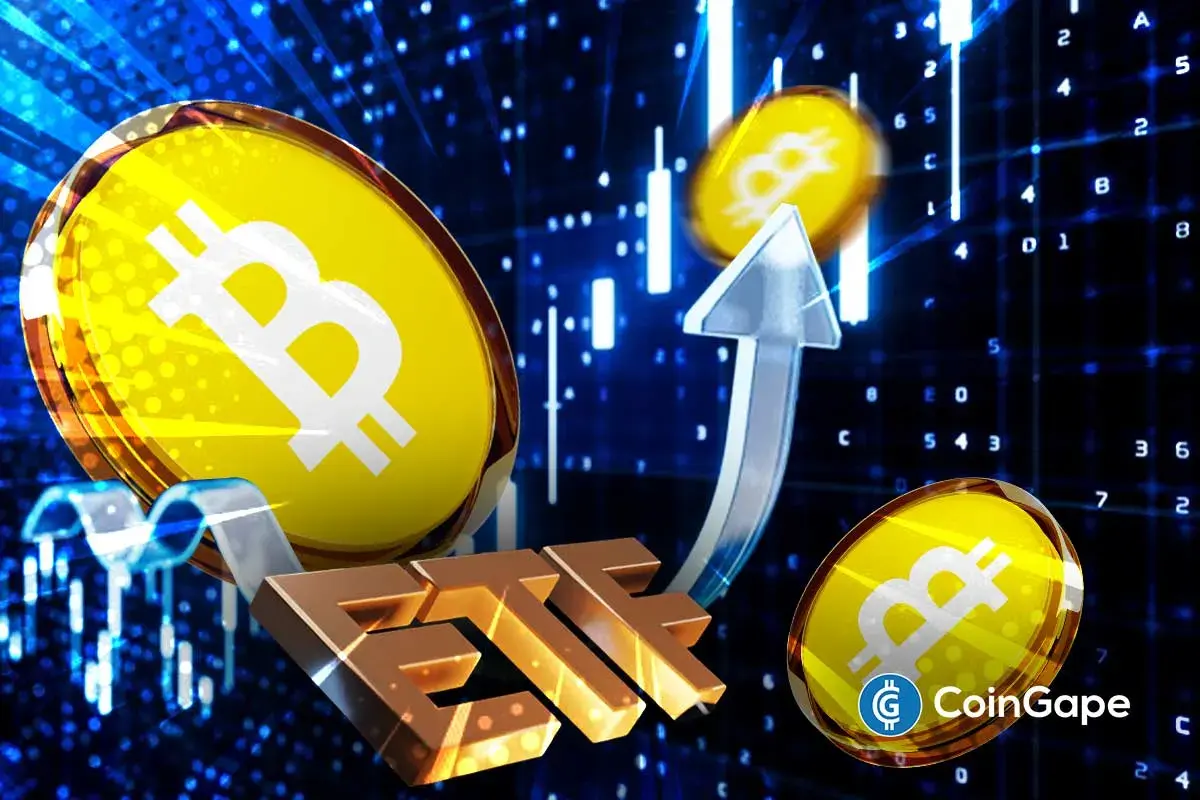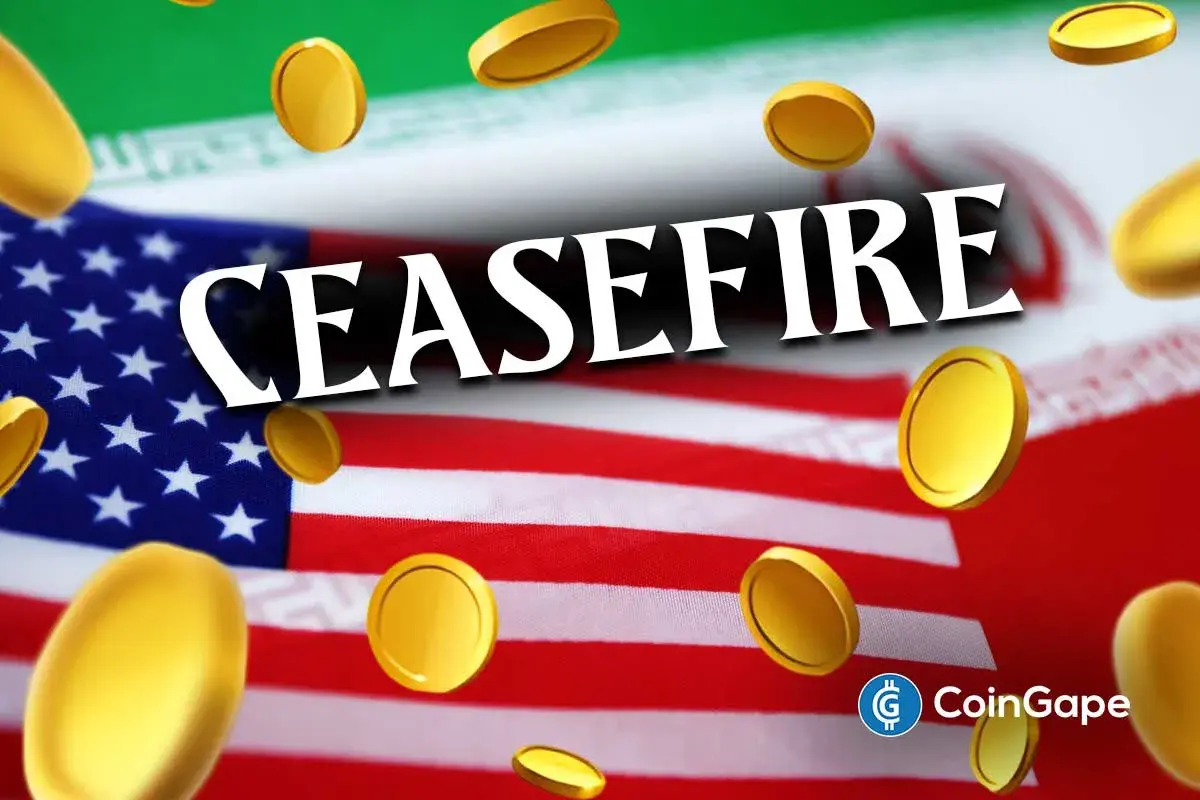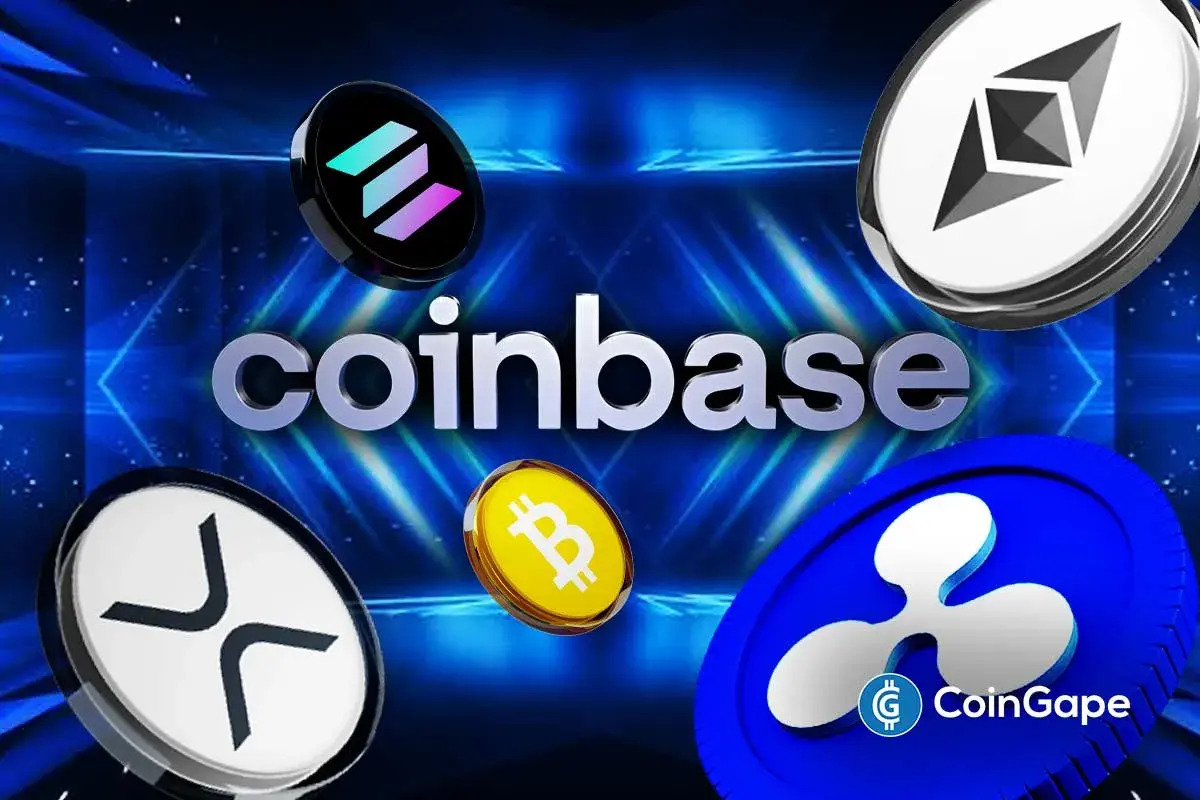Huobi Returns To The U.S. After Receiving Nevada Trust License
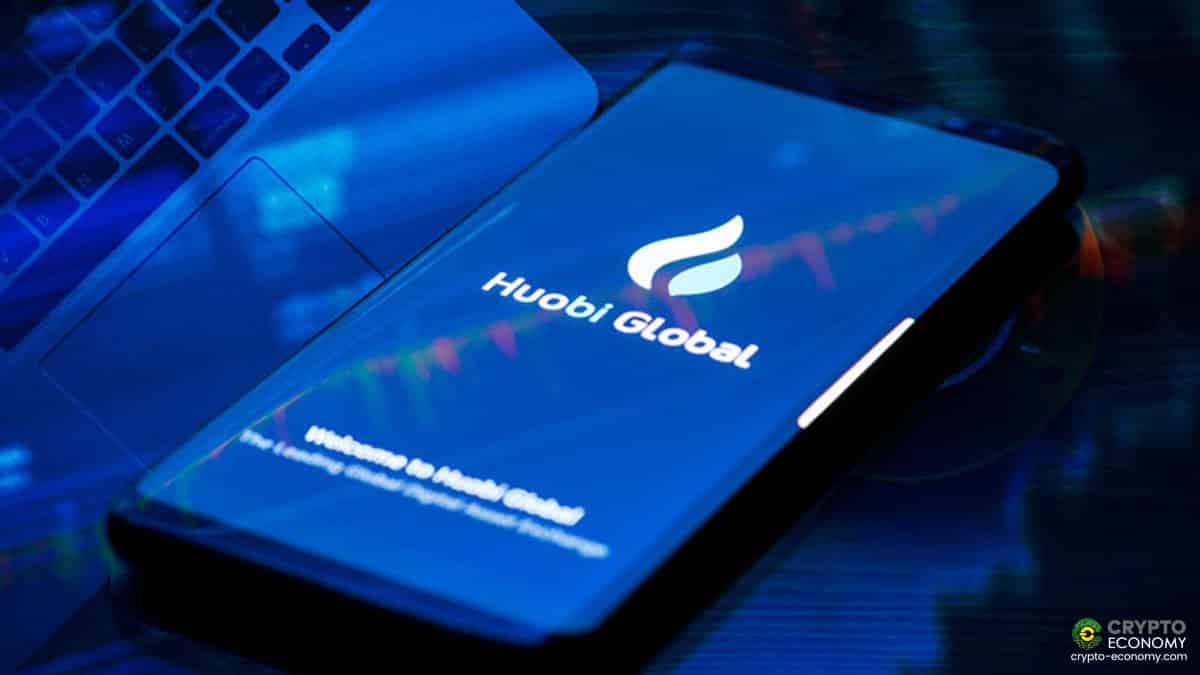
Huobi, one of the most popular cryptocurrency exchanges globally, plans to return to the United States, after a long time outside the United States and ceasing its operations in 2019. According to a new announcement published by Huobi Tech, the exchange is returning after obtaining a Trust Company License from the local regulator in the state of Nevada, the Financial Institution Division.
However, Huobi Tech’s executive director, Lan Jianzhong, warned investors involved with the company to be cautious when making any decision related to its shares:
Huobi Trust has not yet commenced provision of any such trust services as at the date of this
announcement. Shareholders and potential investors are advised to exercise caution when dealing
in the shares of the Company.
Exit Due To Stricter Regulations In 2019
Huobi US (HBUS) an OTC brokerage belonging to Huobi Groups, ceased its operations in 2019. Later, the company froze its customer’s accounts due to strict limitations issued by American federal regulators.
OTC markets refer to over the counter markets, in which financial instruments — like stocks, bonds, or commodities, are traded directly between two parties without a centralized institution. This trading system is carried out outside the scope of organized markets. Thus, subject to fewer regulations and more volatility.
Similarly, in June, Binance updated its terms of use agreement with a new know-your-customer (KYC) plan — stating the exchange is unable to offer services to American citizens due to the regulatory laws in the United States.
Since its exit from the U.S. in 2019, the exchange stated its desire to come back with a regulated trading brokerage. Likewise, Simon Collier, director of The Hongkong and Shanghai Banking Corporation will direct the Huobi Trust under this new license.
Most U.S.-based cryptocurrency exchanges had limitations with tighter restrictions and regulations from several federal entities in the recent years. But this Trust Company License — given Huobi Trust through the local regulator in Nevada, gives full permission to Huobi to provide its custodial services in the country by the first quarter of 2021
“The announcement is a key step forward in the company’s ambitious plans to expand its recognized brand and products to a global audience, as well as its ongoing initiative to establish a suite of regulated financial products and services in the blockchain space,” Huobi Tech stated in a press release.
The Huobi Token (HT) saw a positive surge of around 2% when the release was made. The HT has a current market cap of $815M, and more investors could decide to stake their capital into the company in earlier 2021 following the announcement.
Play 10,000+ Casino Games at BC Game with Ease
- Instant Deposits And Withdrawals
- Crypto Casino And Sports Betting
- Exclusive Bonuses And Rewards

- Peter Schiff Predicts BTC to Fall, Gold to Rise as Markets Price in Prolonged Iran War
- Institutional Re-Accumulation Signs Emerge as Bitcoin ETFs See $1.1B Net Inflows Since Iran War Began: Glassnode
- From Mining Pool to Infrastructure Platform: Nine Years of EMCD
- U.S.-Iran War: U.S. Oil Prices Spike To One-Year High, Bitcoin and Gold Dip
- Crypto Traders Bet Against U.S.-Iran Ceasefire This Month as Iran Denies Peace Talks
- HOOD Stock Targets $100 as Robinhood Unveils Platinum Card and Advance Dividend Feature
- Bitcoin Price Prediction if Donald Trump Signs the CLARITY Act on April 3, 2026
- Pi Network Price As BTC Rallies Above $74K: Can PI Coin Extend Gains to $0.30?
- XRP Price As Bitcoin Reclaims $74K- Is $5 Next?
- Dogecoin Price Outlook as BTC Recovers Above $73,000
- XRP Price Prediction as Iran-U.S. Peace Talks Trigger a Crypto Rally


 Buy $GGs
Buy $GGs





